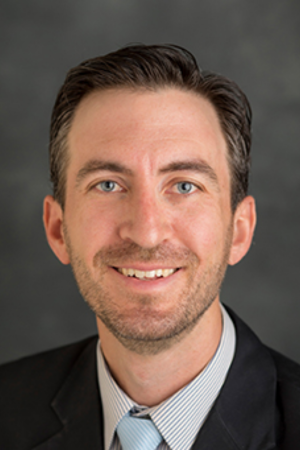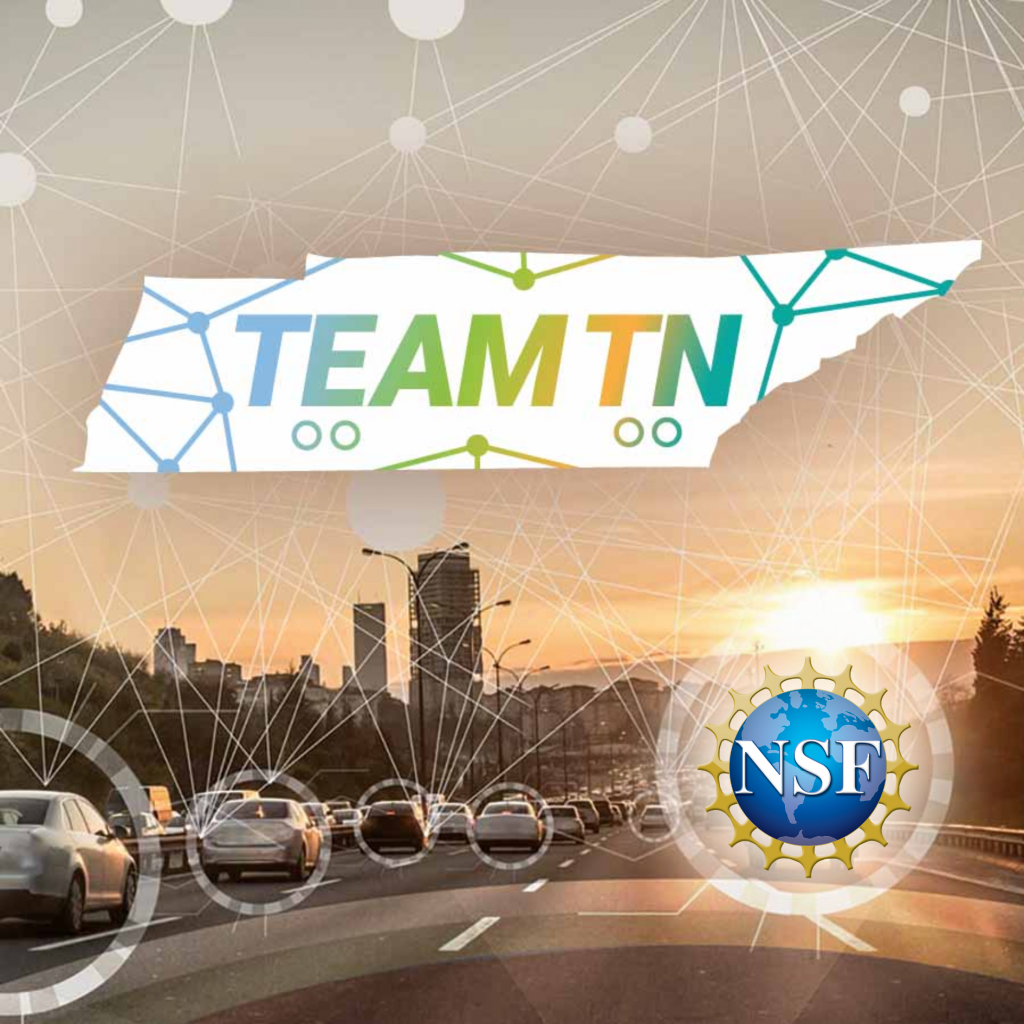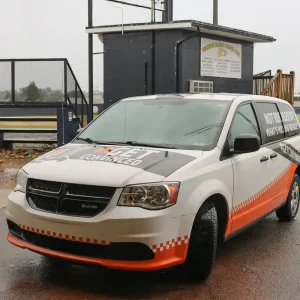Join Us
Through research and collaboration, CTR anticipates challenges and addresses developing situations in the transportation system. Join us!
Mobility Research at UTK

Transportation Solutions to Move Your World
The Center for Transportation Research (CTR) has been a nationally and internationally recognized research entity at The University of Tennessee since 1972. Today, CTR has over $10M in sponsored programs, providing increased opportunities for students and researchers. Considering the breadth of our transportation system, the quality of newly graduated transportation students must be of the highest caliber. CTR supports the Tickle College of Engineering’s mission to supply well-educated transportation students to a growing field of transportation professionals.
Faculty Spotlight
Transportation is a cornerstone of modern civilization, from global travel for international business meetings to local travel for essential needs like food or medical care. The University of Tennessee, with its esteemed faculty, is at the forefront of improving mobility through research and innovation. Our affiliated faculty, working in collaboration with the Center for Transportation Research (CTR), a Tickle College of Engineering division, bring their expertise to bear on these crucial issues.
For July, CTR is proud to highlight Dr. Chris Cherry and the work he and his students are doing to positively impact the future of transportation. This will result in more options for consumers, better solutions for businesses, and an overall better environment for future generations of travelers.


Congratulating Nine Newly Certified TATE Recipients
The Tennessee Transportation Assistance Program (TTAP) offers training courses and workshops to engineers, planners, designers, technicians, and other transportation
personnel.
While all the courses and workshops offered by TTAP are valuable resources for personal and professional development, a select few of these opportunities can lead to the Tennessee Academy of Transportation Engineering (TATE) certification. This certification, a testament to those with unwavering commitment to the field, not only sets these individuals apart in their professional journey but also opens doors to new career opportunities and professional recognition.
CTR Leads NSF Partnership
TEAM TN is a partnership with the National Science Foundation and is an alliance of academics, industry, and technical societies, led by The University of Tennessee, Knoxville. TEAM TN seeks to place Tennessee in the vanguard of transportation electrification and digitization while reducing reliance on carbon-intensive energy sources, mitigating greenhouse gas emissions, and creating a more equitable transportation system. TEAM TN will create a self-sustaining innovation ecosystem where advanced industries and Tennessee communities thrive and will include a large and diverse array of innovation assets.

News
- Carol Hatmaker Retires after 23 Years of Being a Vital Part of CTRIn May of 2024, Carol Hatmaker officially retired from CTR. Carol has graciously agreed to work part-time during the next several months to aid new Business Manager Tammy Johnson with… Read more: Carol Hatmaker Retires after 23 Years of Being a Vital Part of CTR
- 4/20/24: Be My Neighbor Day ChattanoogaWTIC PBS hosted a free, family-friendly community celebration in Chattanooga sponsored by BlueCross BlueShield of Tennessee. “Be My Neighbor Day” included appearances from popular PBS kids stars Daniel Tiger and… Read more: 4/20/24: Be My Neighbor Day Chattanooga
- #GetConvinced Goes to WashingtonOn May 8th, the Center for Transportation Research’s #GetConvinced teen driver safety program and the Seatbelt Convincer attended the Federal Motor Carrier Association’s “Our Roads, Our Safety” fair in Washington,… Read more: #GetConvinced Goes to Washington



